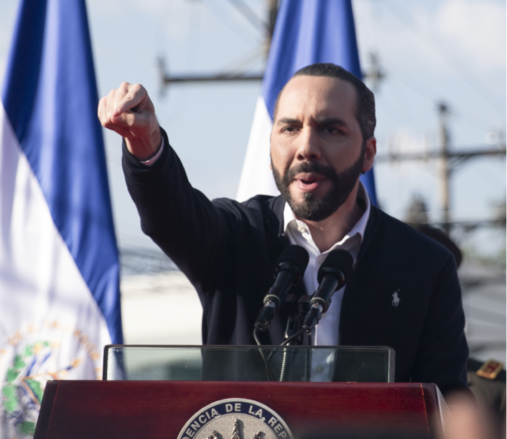
“The President wants to destroy our credibility and is using all the tools the State gives him,” said José Luis Sanz, director of El Faro.
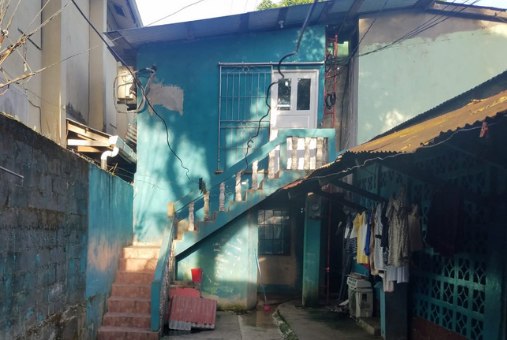
La Costeñísima is an example of how the independent press tries to survive in the country in the face of persecution by President Daniel Ortega's authoritarian regime
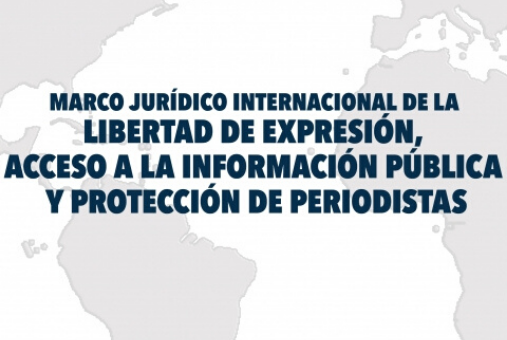
After seven years of the course, “International legal framework of freedom of expression, access to public information and journalists' protection,” almost 12,000 Ibero-American judicial operators have been trained.
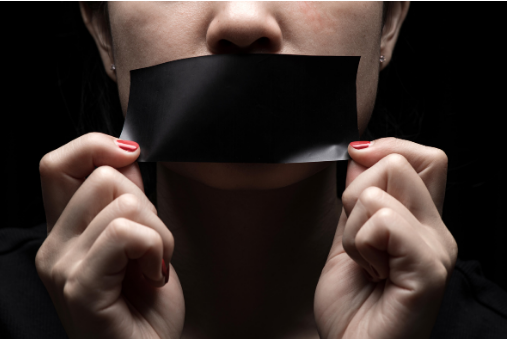
Between January and June of 2020, Voces del Sur, a Latin American initiative, registered 630 aggressions against the press in the region. These went on the rise or worsened after governments issued a health emergency.
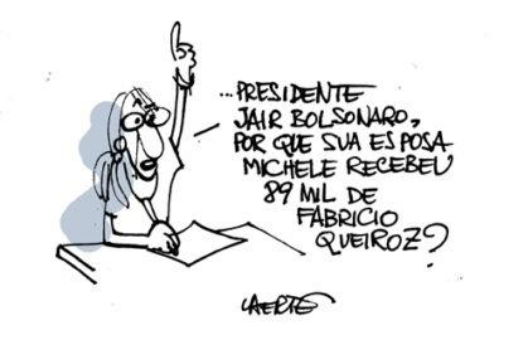
The Brazilian president's threat of physical violence against a journalist who asked him a question puts the conflictual relationship that he has had with the press since before becoming president on a different level, according to press freedom organizations.
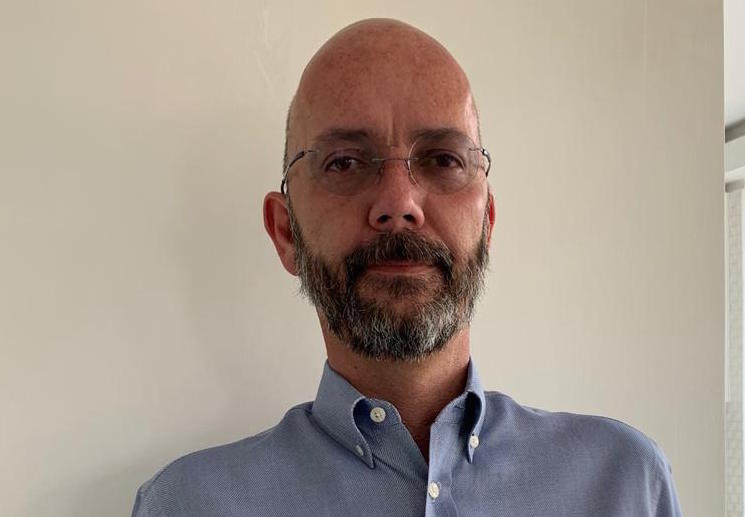
Colombian journalist Ricardo Calderón was one of the winners of the 2020 Maria Moors Cabot Awards. His investigations have leaded to the removal from office, arrests and prosecutions of dozens of shady officials, and because of that his life has been in danger.
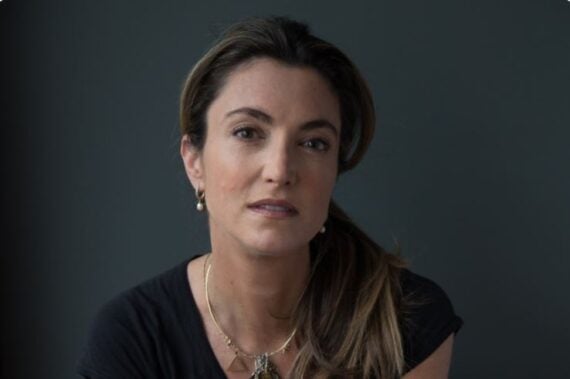
Brazilian reporter Patricia Campos Mello was one of the winner of the 2020 Maria Moors Cabot. The Columbia Journalism School described Campos Mello as “a fearless investigative reporter.”
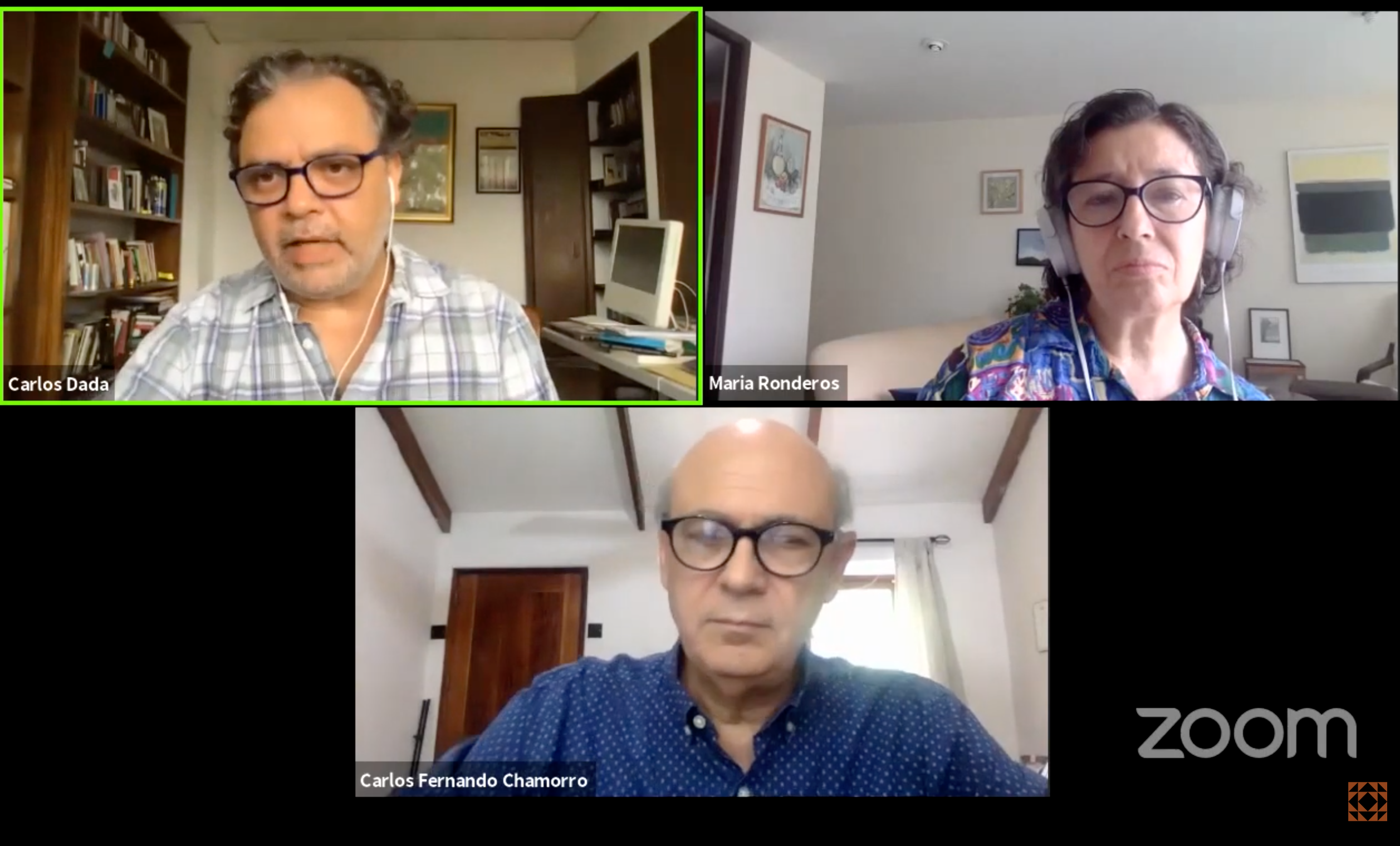
Carlos Fernando Chamorro, director of the magazine Confidencial in Nicaragua, and Carlos Dada, cofounder of El Faro in El Salvador, talked with María Teresa Ronderos, director for CLIP, about journalism in the face of hostile governments during the 13th Ibero-American Colloquium on Digital Journalism.
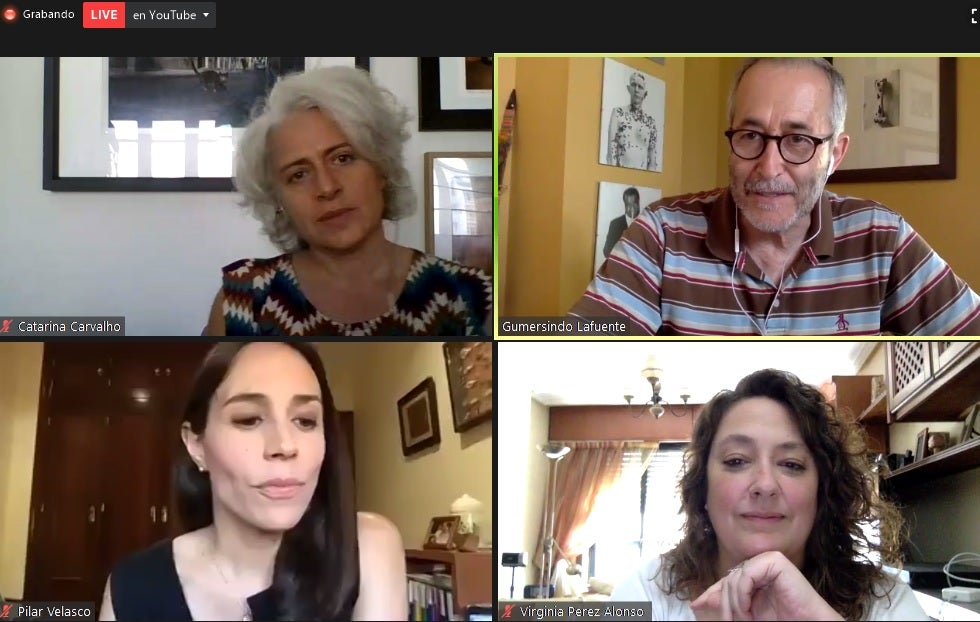
As it did in Latin America, COVID-19 has a strong impact on the media outlets in Portugal and Spain, with a drastic reduction in advertising, and cuts to staff and salary.
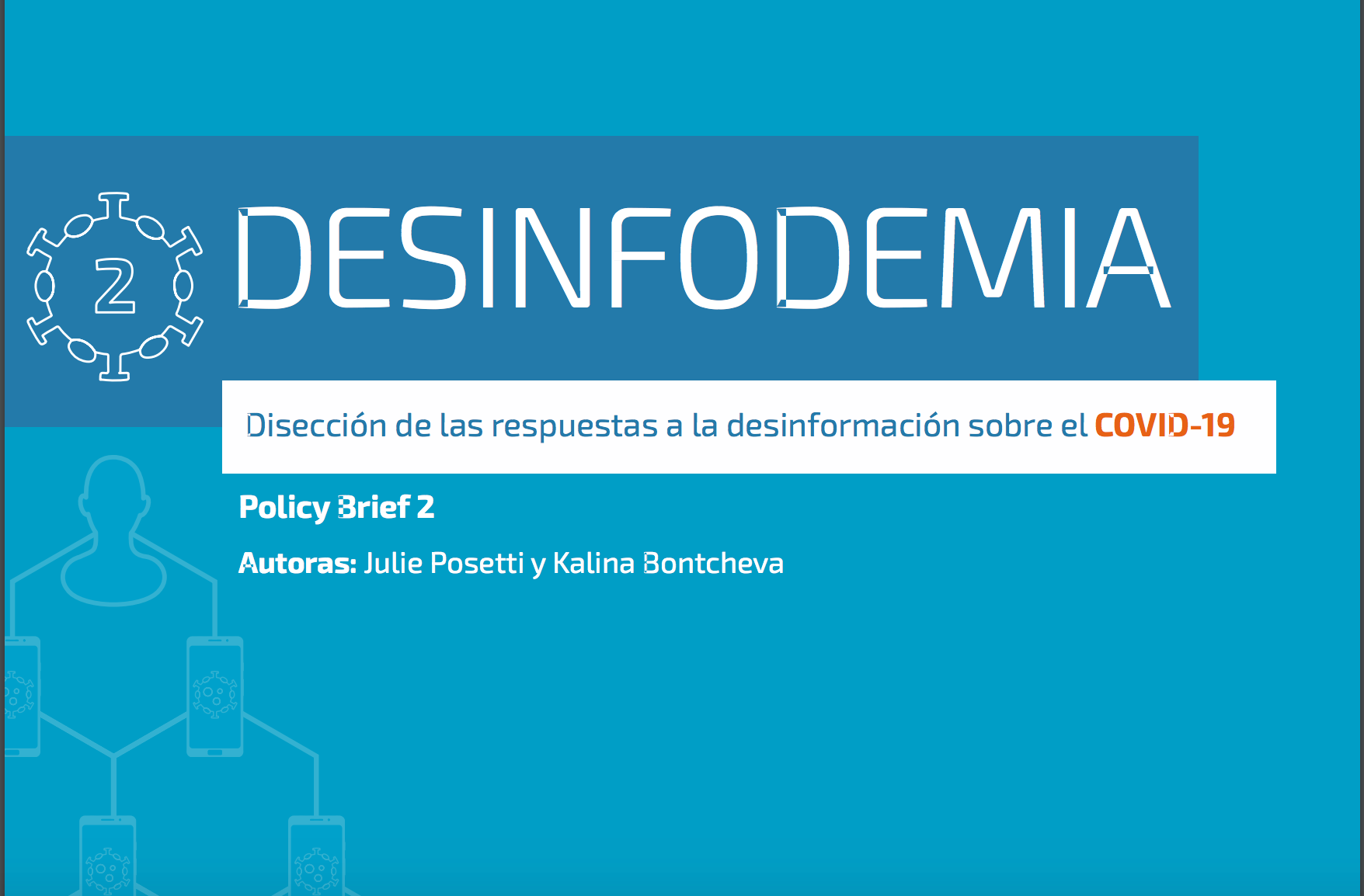
UNESCO published two policy reports in Spanish to understand and respond to the 'infodemic': the disinformation pandemic about COVID-19 that has circulated at a speed impossible to control.
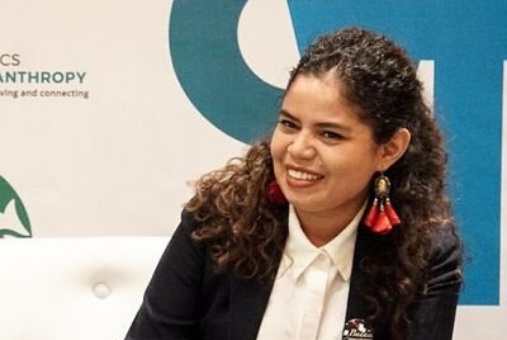
Various nongovernmental organizations have denounced the act against the journalist Julia Gavarrete of the magazine GatoEncerrado and have asked for an investigation into the theft, however, the president of that nation has made light of the situation.
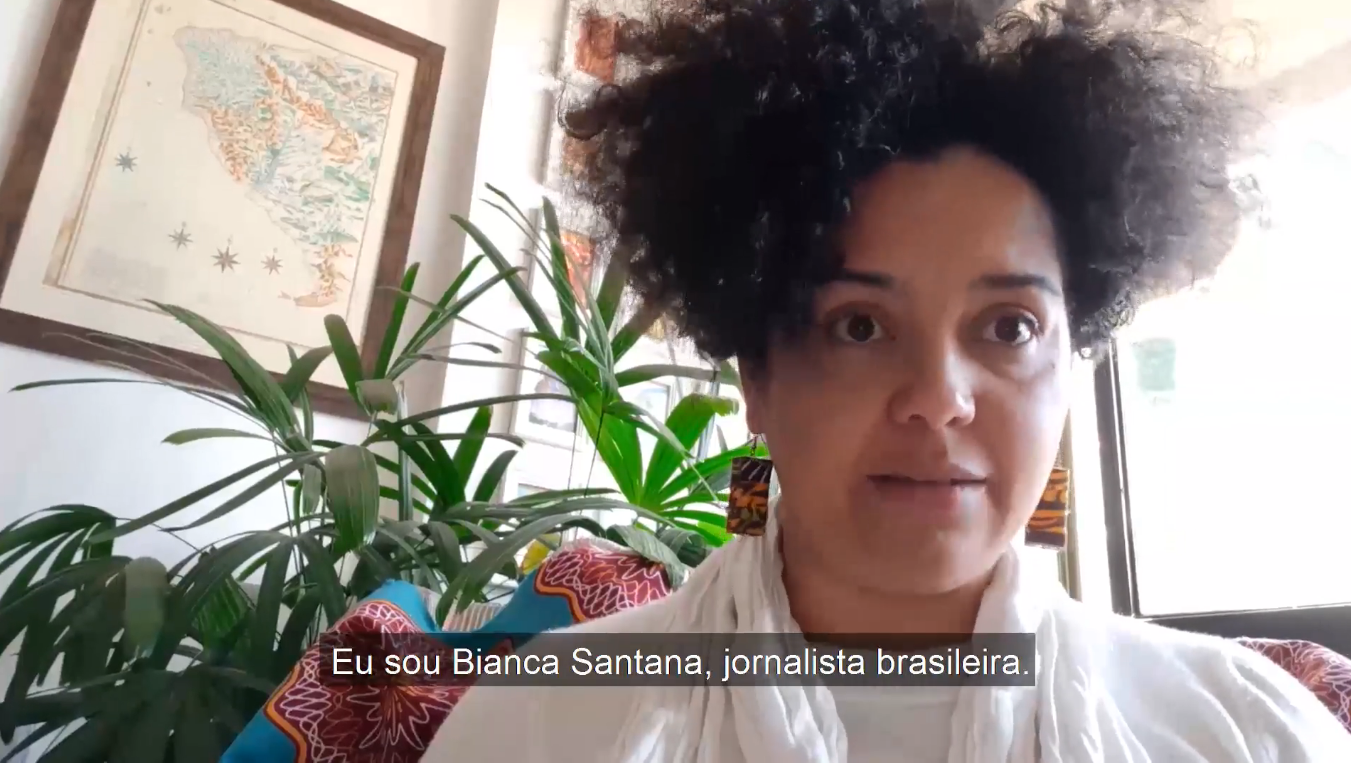
Brazilian journalist Bianca Santos filed a complaint July 7 with the United Nations Human Rights Commission against President Jair Bolsonaro. Nineteen nongovernmental organizations subscribed to the complaint.